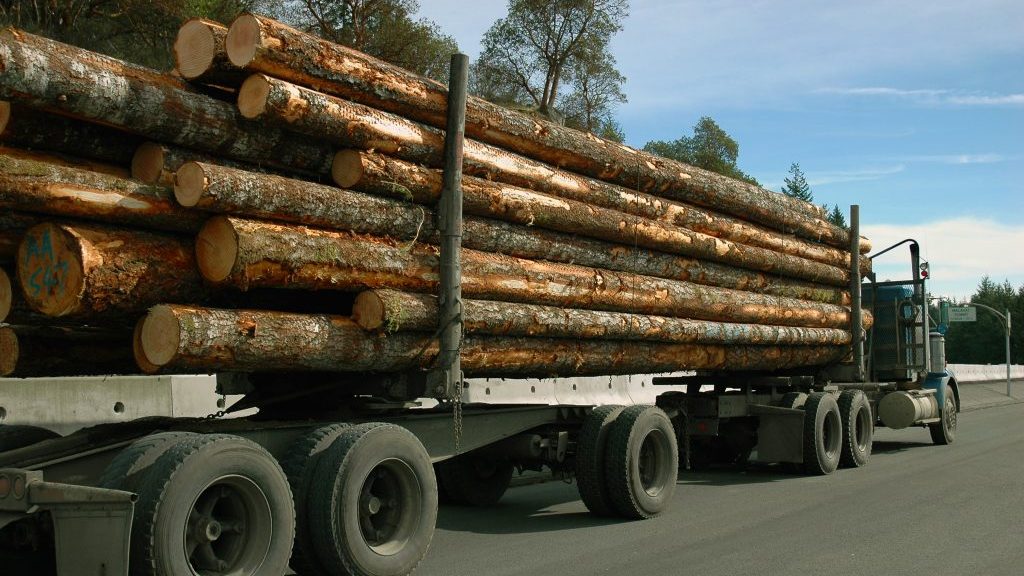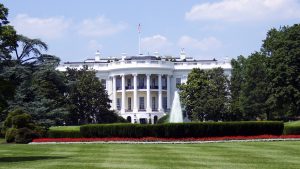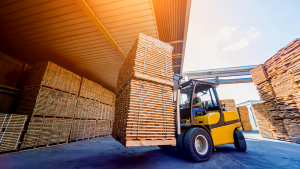VICTORIA — A wide shadow of uncertainty has been cast over Canada’s forestry sector by U.S. President Donald Trump’s threat to impose a 25-per-cent tariff on its lumber products, a measure now delayed by a month.
Several industry groups have released statements criticizing the tariff as unnecessary and harmful for both sides, a sentiment echoed by British Columbia Premier David Eby who vows full support for the provincial sector.
Prime Minister Justin Trudeau said Monday after speaking with Trump that the tariff threat has been paused for 30 days while Canada and the United States work together on plans to increase border safety and target organized crime.
Eby said after the delay was announced that the uncertainty is especially hard on the forest industry.
He said forestry companies aren’t sure how they should invest or if they should put money into their companies at all.
“And so, our goal for industries like forestry, mining, energy and others, as well as manufacturing, will be to support them to find those overseas markets, to ensure that stability.”
Eby said earlier Monday that the tariffs, if implemented, would devastate a forestry sector already paying softwood lumber duties of 14.4 per cent when it ships to the United States, not to mention the presence of other challenges such as the pine beetle outbreak that wiped swaths of forests.
He said the additional tariff would also bring pain for U.S. consumers, since demand for homebuilding will be on the rise to replace thousands of buildings lost in the Southern California wildfires.
Forest Products Association of Canada president Derek Nighbor said in a statement that the United States can meet about 70 per cent of its homebuilding lumber needs, but that’s without taking into account the rebuilding around Los Angeles and in North Carolina after hurricane Helene last year.
The BC Lumber Trade Council called the tariff plan a “punitive, unjustified protectionist measure,” adding in a statement that the 25 per cent charge on top of the current duties would “disrupt trade, raise costs for consumers, and threaten jobs and communities on both sides of the border.”
“For Canadian producers, higher tariffs erode competitiveness and put mills under financial strain, leading to curtailments, job losses, and economic harm to forestry-dependent communities,” the council statement said.
“Unjustified trade barriers weaken both economies and put workers, businesses, and consumers at risk.”
The latest figures for B.C. provincial trade data on forest product exports to the United States show a value of almost $6.2 billion for the first 11 months of 2024 — about 58 per cent of total forest product exports from the province.
Forest product exports to China — including Hong Kong and Macau — are ranked second at $2.3 billion or 22 per cent of total exports, followed by Japan at $806 million or 8 per cent.
“It’s not only the close proximity that makes Canada and the U.S. great partners in forest products trade, but it’s also the unique quality of the wood and wood fibre-based products that come out of Canada’s northern, colder, longer growing cycle forests,” Nighbor said in his statement.
The threat of the tariffs has also sparked opposition from within the United States, with National Association of Home Builders chairman Carl Harris saying in a statement that the trade barrier “will have the opposite effect” of the Trump White House’s expressed goal “to lower the cost of housing and increase housing supply.”
©2025 The Canadian Press










Recent Comments
comments for this post are closed